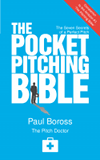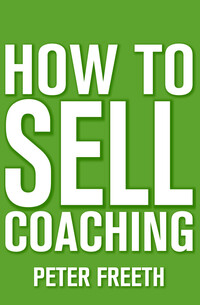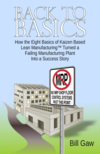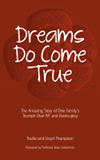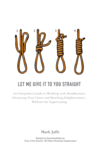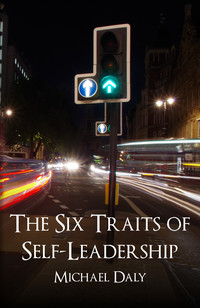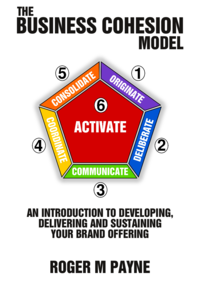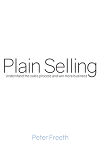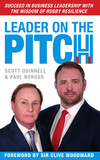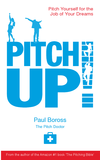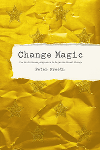The reality is that your book will be there for one of two reasons.
Firstly, if a major publishing house has picked up your book and is currently promoting it.
Secondly, if you have convinced the manager of the shop to hold a stock of your books.
The major book retail chains own very little of their actual shelf space – it is owned by the major publishing houses, and those publishers place the books that they want the public to buy.
Given the number of books actually in print, the chances of someone buying a particular book when they are ‘just browsing’ are tiny.
At airport book shops the problem is even more obvious – people browse for something that they will read on holiday and probably leave in the hotel room, and they will make a decision based almost entirely on product placement. The whole idea of a best seller list convinces people that a book must be worth reading and, for the majority of books, the content has been forgotten as soon as the reader’s sun tan has worn off.
Independent book shops are much more likely to hold a stock of a book if it has local interest or if the author is prepared to do some local marketing to drive customers into the shop. While the independent book shop has more control over what they stock, the principles are the same in that they will stock what they believe they can sell.
Some book shops specialise in particular markets, for example in religious, technical or local history books. If you write in a particular niche area, it’s always useful to seek out specialist book shops and ask them to hold stock.
Therefore, while a book in the High Street is a dream of most authors, it is not the most important way to market a book because, by the time someone goes into the shop to ask for your book, your marketing has already succeeded.






